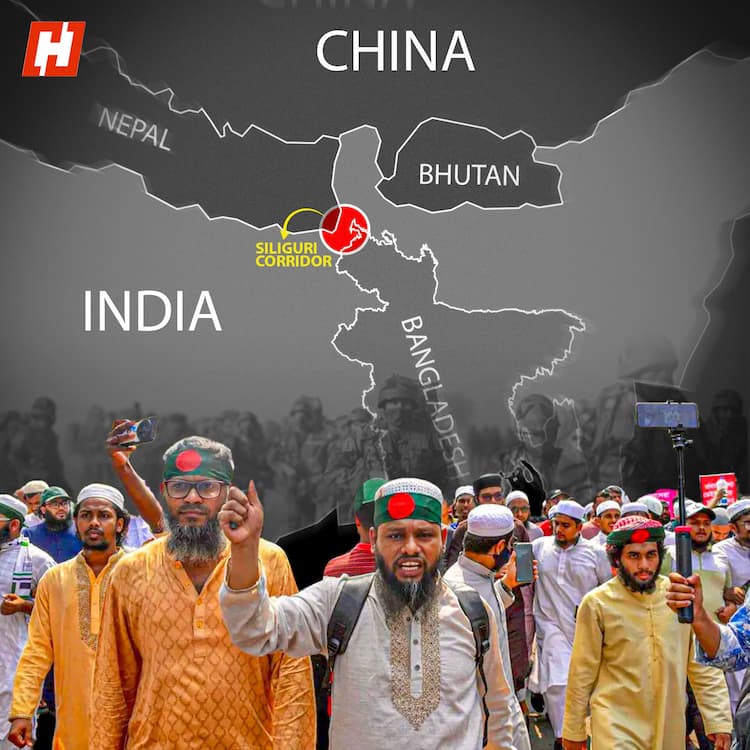Pakistan is livid with the Taliban. The outfit’s decision to back India’s sovereignty over Jammu and Kashmir has struck a raw nerve in Islamabad.
Following a bilateral meeting between Indian Foreign Minister S Jaishankar and his Afghan counterpart Amir Khan Muttaqi on Friday, a joint statement was issued, which included a Kashmir reference.
In the joint statement, the Taliban implicitly endorsed India’s position on Kashmir.
Taliban back India
The statement highlighted Jaishankar’s remark, describing India as a “contiguous border” of Afghanistan.
Jaishankar was subtly referring to a narrow 106 km land border between India and Afghanistan, which is currently under Pakistani occupation.
Though historically neutral on the Kashmir issue, the Taliban have recognised India’s claim over Kashmir for the first time since coming to power in 2021.
And this has not gone down well with Pakistan, which has historically backed the Taliban’s rule over Afghanistan.
A day after the joint statement was published, Islamabad summoned the Afghan ambassador to lodge a strong protest on Saturday.
Pakistan took strong umbrage over the Kashmir reference in the joint statement.
Durand Line clashes
The diplomatic row coincided with Islamabad and Kabul forces clashing at the Pakistan-Afghanistan border, called the Durand Line.
On Saturday, Afghan forces targeted multiple Pakistani military posts in retaliation to Pakistan’s airstrikes on Kabul.
A Taliban spokesperson claimed Afghan forces “captured several Pakistani border posts, killed 58 Pakistani soldiers, and injured 30 others”.
Pakistan, on its part, has confirmed only 23 fatalities and said that over 200 Taliban fighters were killed.
Pakistan had launched airstrikes after claiming that the Taliban were providing safe haven to the terrorist organisation, the Tehrik-i-Taliban Pakistan, also known as the Pakistani Taliban.
Afghani Foreign Minister Muttaqi, who was in Delhi, denied these charges, and accused Pakistan of violating Kabul’s sovereignty.





